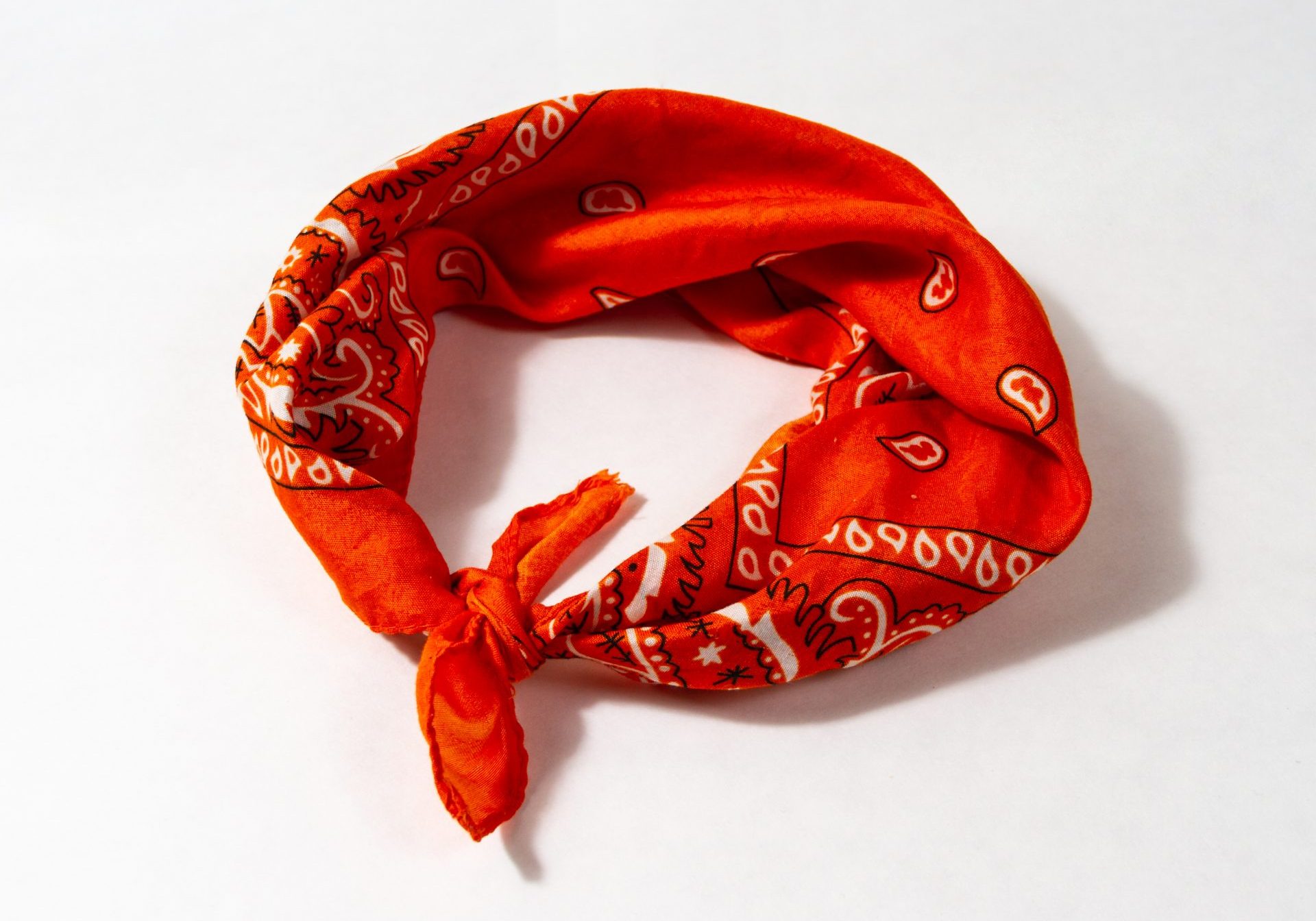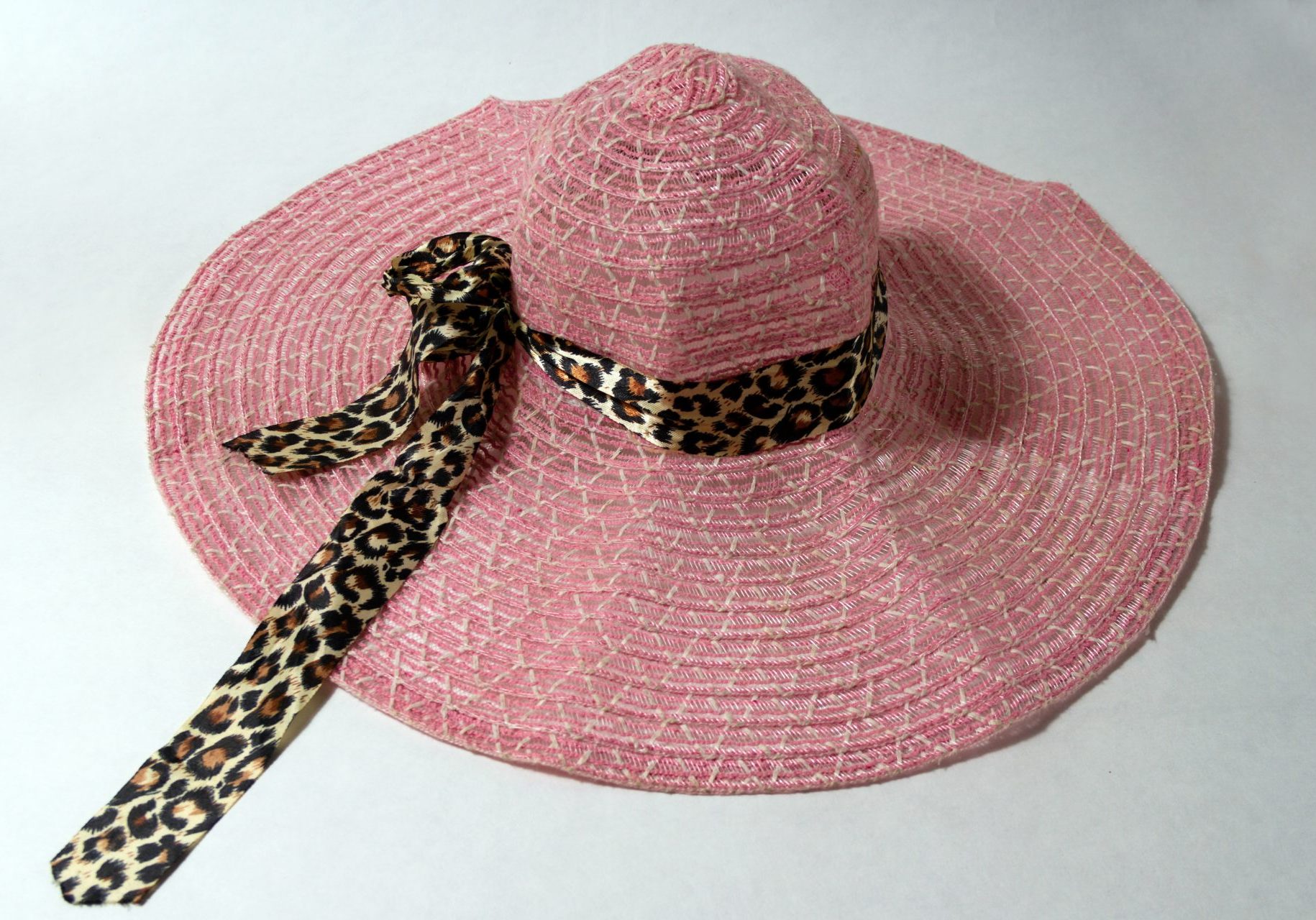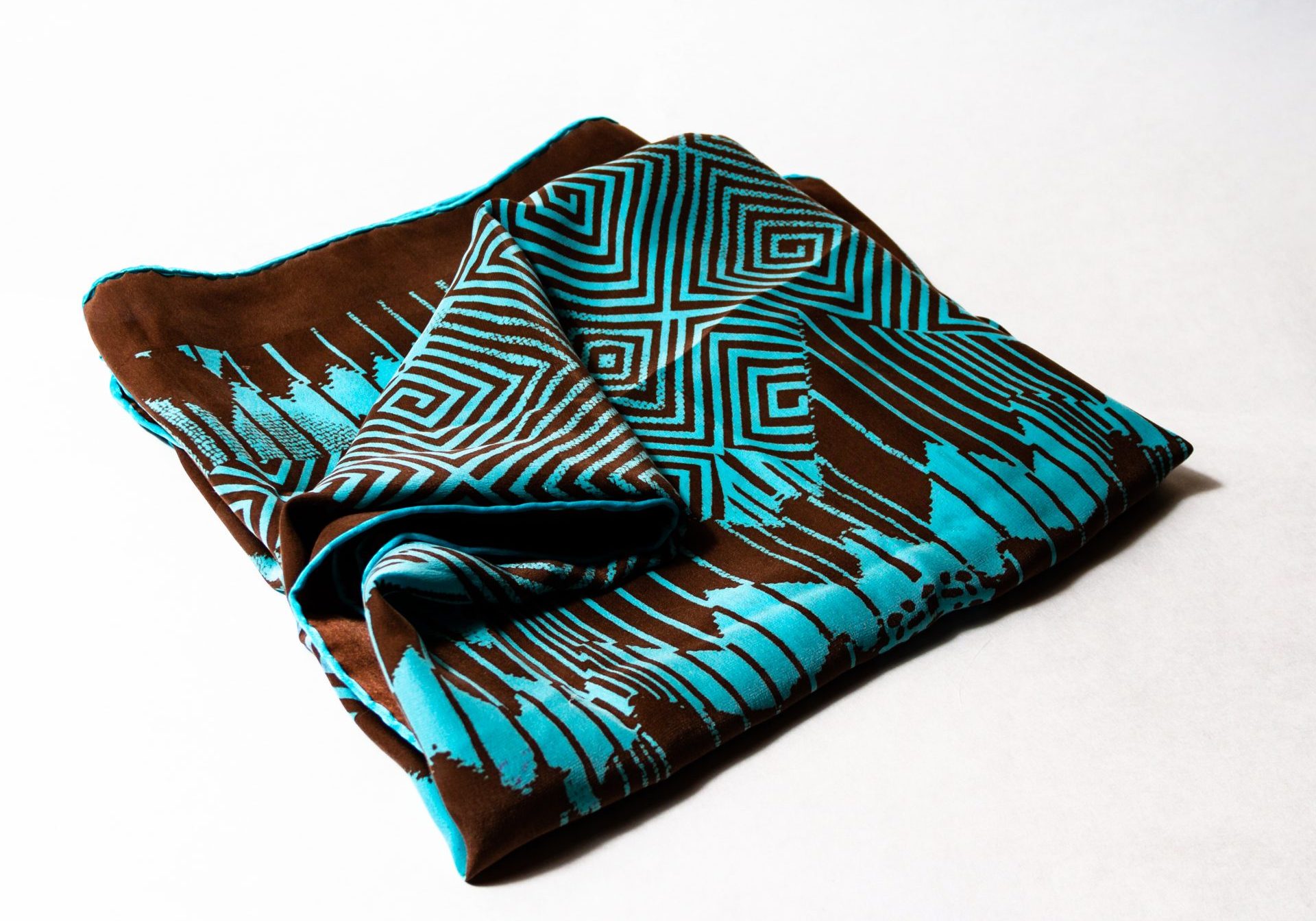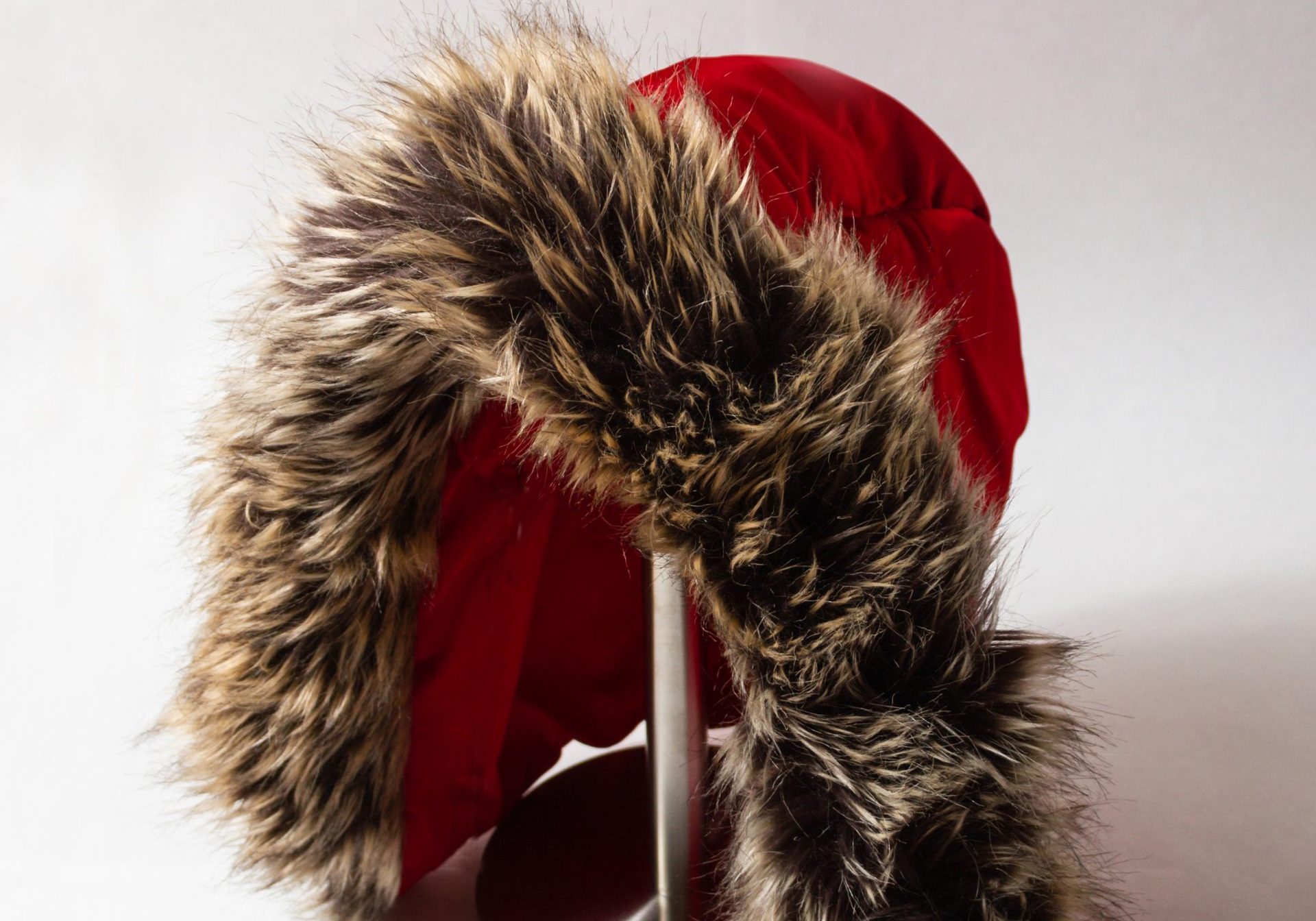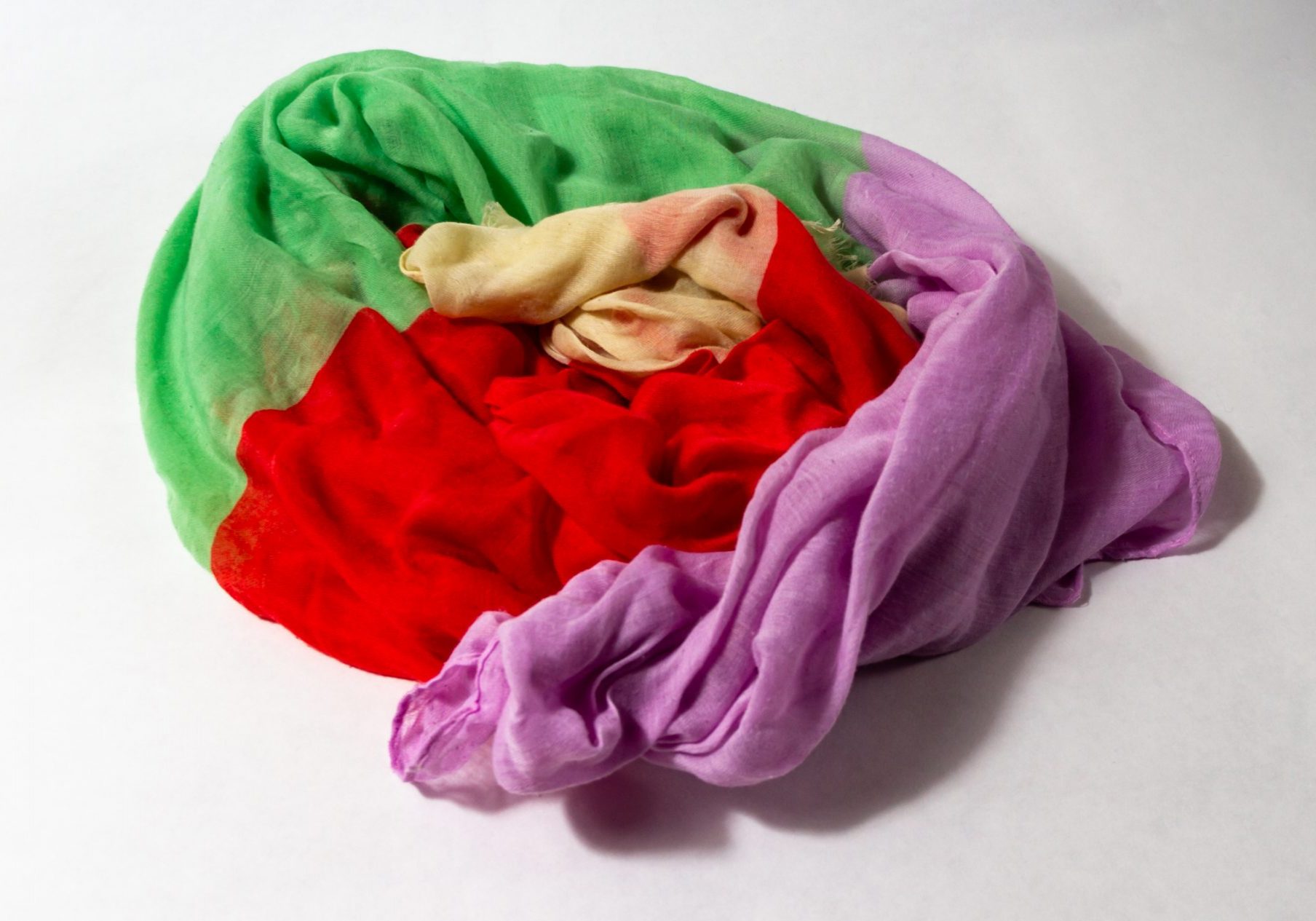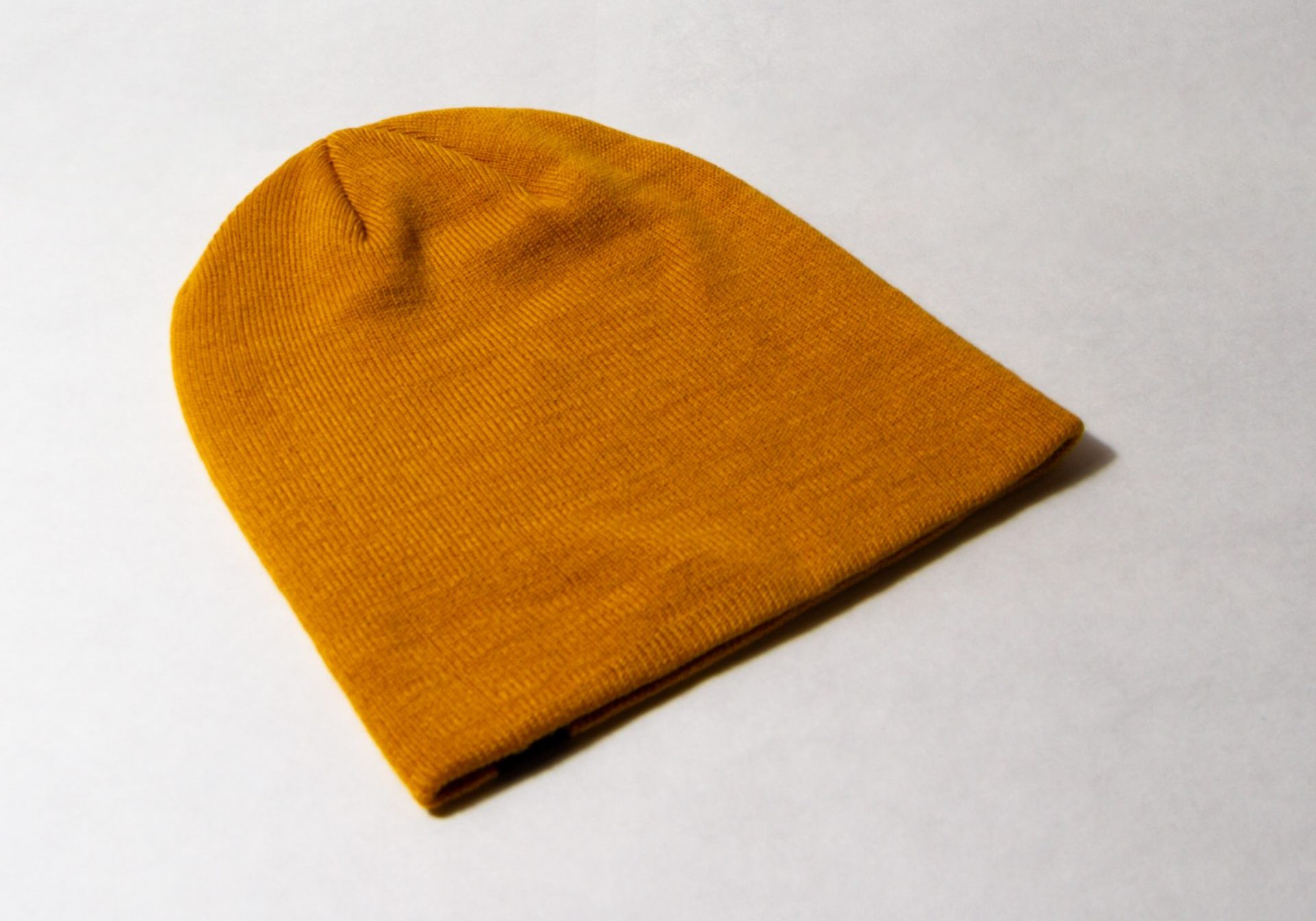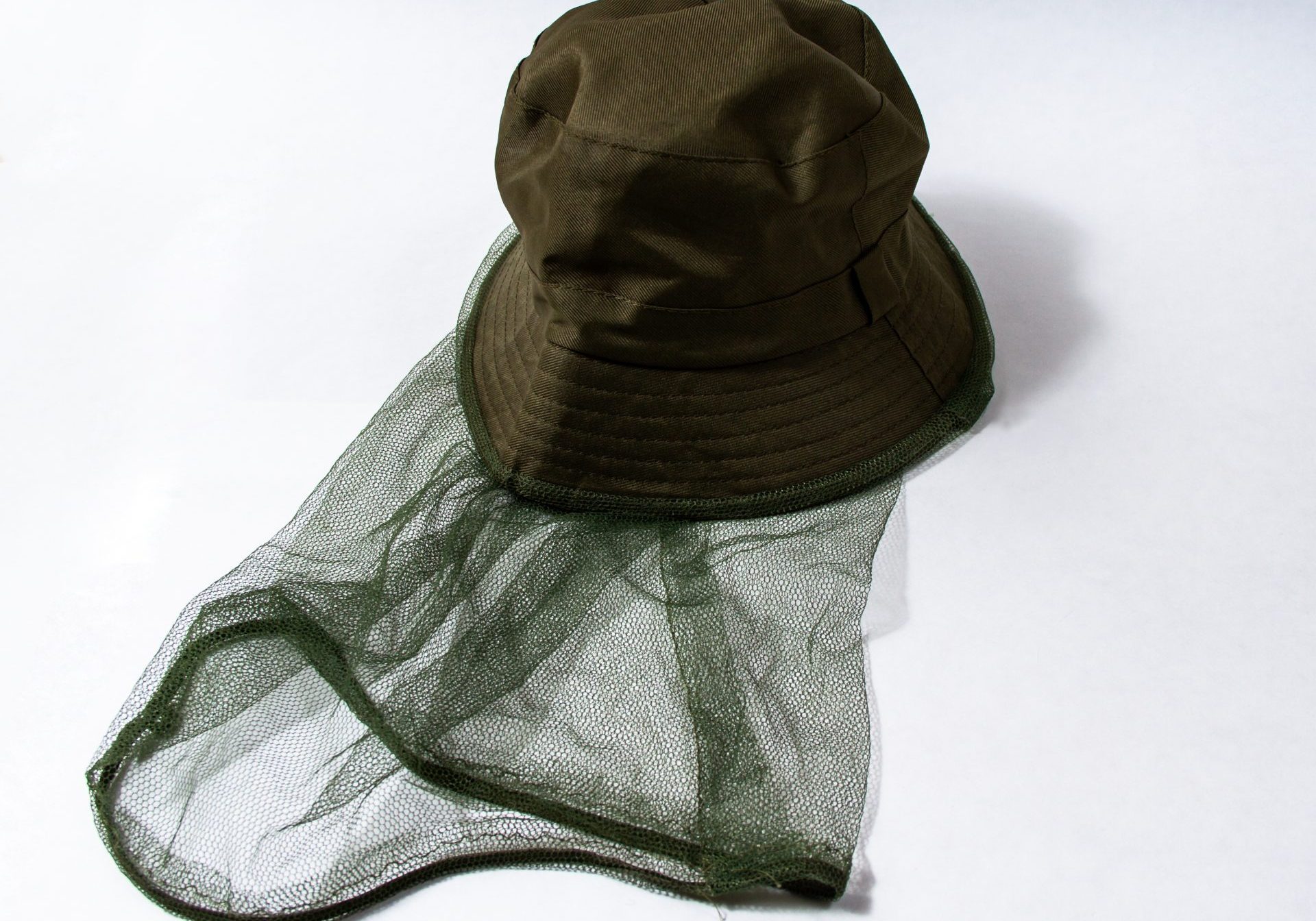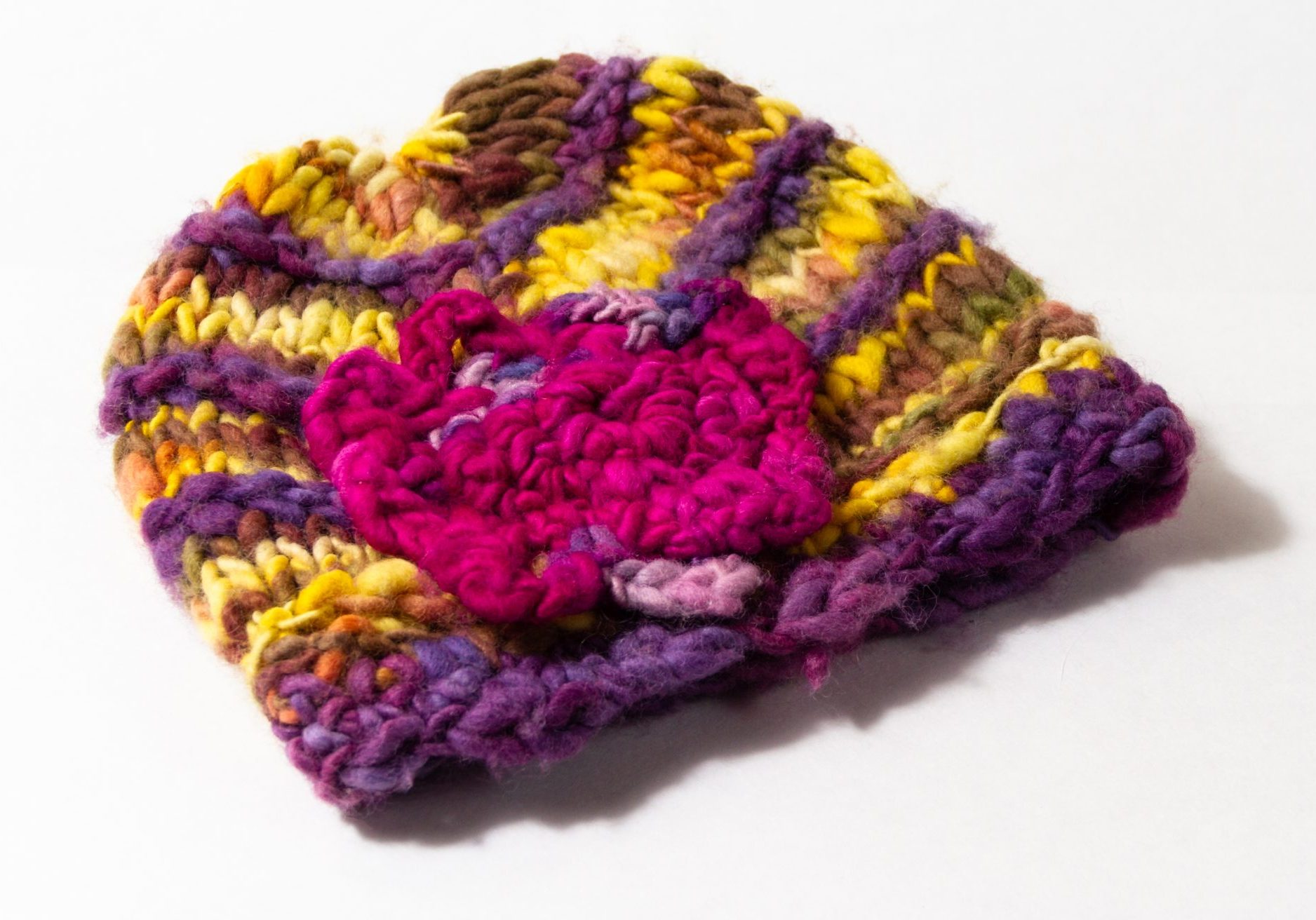My Borrowed Hat
Levia Quequezana
Summary:
When the challenges of raising six children in a new culture are overwhelming, Levia Quequezana borrows a traditional Peruvian Wititi hat, a connection to her ancient roots and a reminder that people sometimes have to be disguised to fit in.
Story:
I come from a place of folklore and tradition, from an ancient, beautiful country of bright textiles and internationally recognized cuisine. I come from a land of controversy, a scheming government and uncertainty. I come from a culture of dance parades, celebrations, thousands of holidays, and feasts. I come from Peru.
I never thought that immigrating to Canada would be easy. But I did not imagine that it would require me to completely transform myself. Adapting to a new culture, working day and night to support the needs of my large family tears apart my health, breaks me emotionally, and makes me feel exhausted. For relief, I borrow a Wititi hat. This hat has a broad brim and delicate embroidery. It has the power to convert dullness to magic and sadness into happiness.
The Wititi originates from the native peoples of Peru who live in the Colca Valley, one of the deepest canyons in the world. “Wititi” is an Aymara word that means “warrior of romance.” The Wititi dance is the emblem of my city Arequipa and was declared by UNESCO as an Intangible Cultural Heritage of Humanity in 2005. The hat is worn as part of the dance costume and mimics the courtship of lovebirds when they approach each other with small hopping steps. It culminates with the dancers twirling their big skirts (worn by both men and women) as a symbol of triumph and union. The dance displays the elegance, coquetry, and determination of our indigenous peoples.
I danced the Wititi when I was in school in Arequipa. In Calgary, I borrow this hat to dance with my compatriots of the Peruvian Rhythms of Calgary, who provide our traditional costumes. We are a passionate group of dancers who present our culture in exhibitions. This is where the magic comes from. The hat carries the happiness and spark of all the dancers who borrow it.
In the Wititi dance, men dress as women. Their disguise helps them blend in with the female dancers to win over a future bride. Each young warrior dances vigorously to earn the attention of the girl. When I wear the Wititi hat, it provides me with a warrior’s traits to fight for what my family and I need to create a dignified life in Canada. Like Wititi dancers, we borrow a look to blend in so that we can win our prize. The magic of the Wititi power helps! I have overcome the language barrier, spent seven years learning a new career as an elementary school teacher, and I continuously make myself a productive participant in Canada’s growing economy.
Immigrants to Canada have to be ingenious, persevere, to be creative, and courageous. Like the male Wititi dancers who dress as women to achieve their goal of attaining a bride, I dress in Canadian colours and court the Canadian dream. After 14 years of living in Canada, even with the occasional help of the Wititi hat, this is me: fighting fatigue, stress, and aging. The land of the Maple Leaf only delivers promises to those who work hard and who never stop dreaming.
What I used to be in Peru is now just a pile of papers and certificates. What I am now is what I have achieved here. I am paying back my student loan and having an impact on the lives of my students. This is the beginning of a prosperous life for my family and for me—a life we had little hope of achieving in Peru. Thanks to my borrowed Wititi hat, I can feel connected to my ancient roots and the powerful commitment to triumph. These roots keep me grounded. They remind me who I truly am: a dancer, a mother, a warrior, and a determined and motivated Canadian teacher.
LEVIA QUEQUEZANA arrived in Montreal in 2005 from Peru and moved to Calgary the following year with her husband and six children. In 2019 she graduated with a Bachelor of Education from St. Mary’s University and now teaches full-time at St. Margaret School.
Read Other Stories from this Author
My Combat Boots
The footsteps of a woman in a foreign country are tough and awkward. As an immigrant from Peru, Levia Quequezana’s combat...

